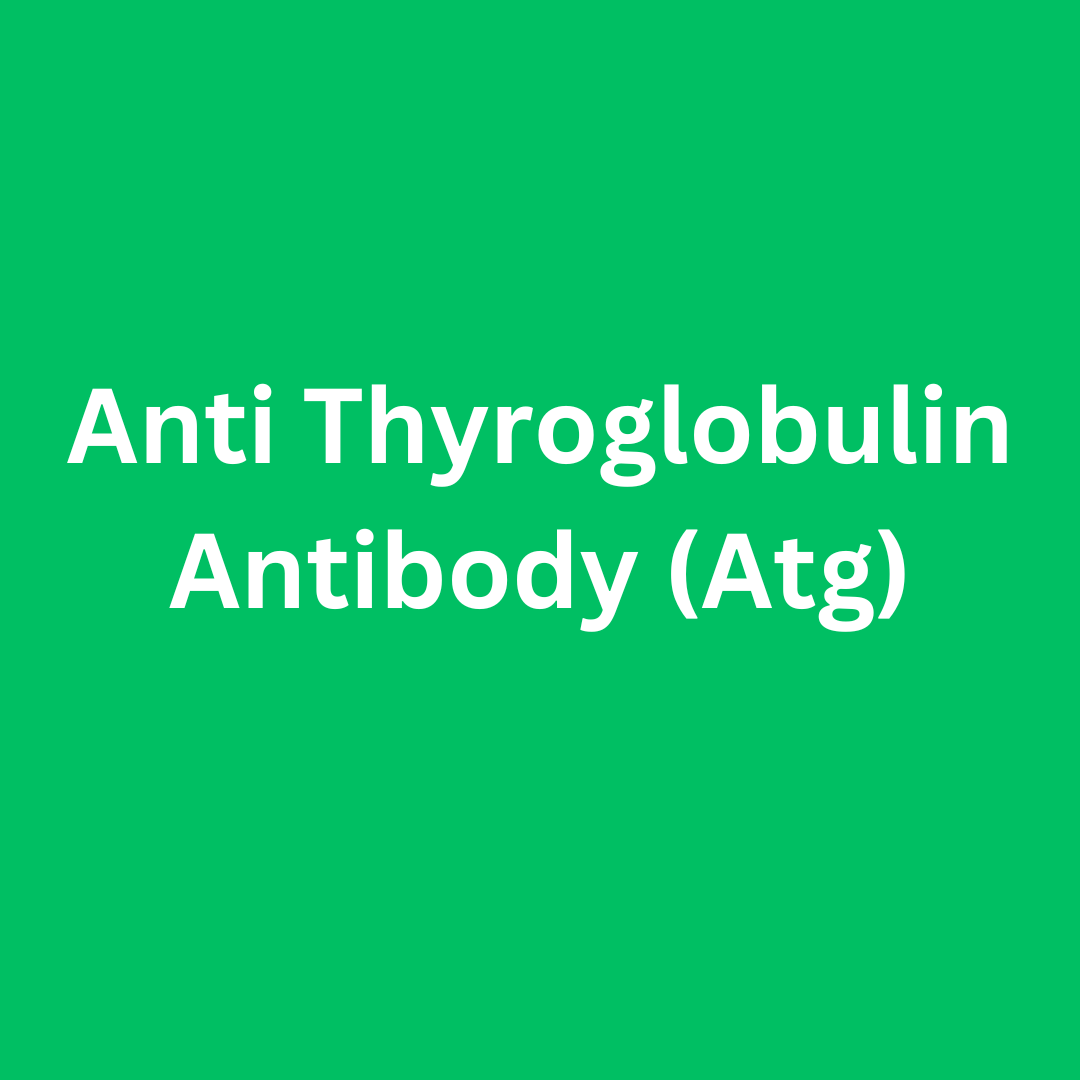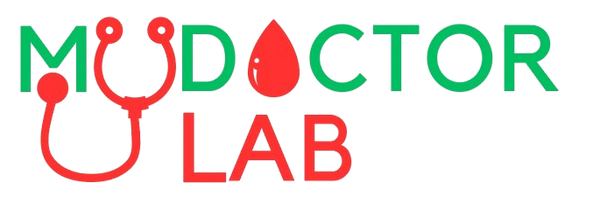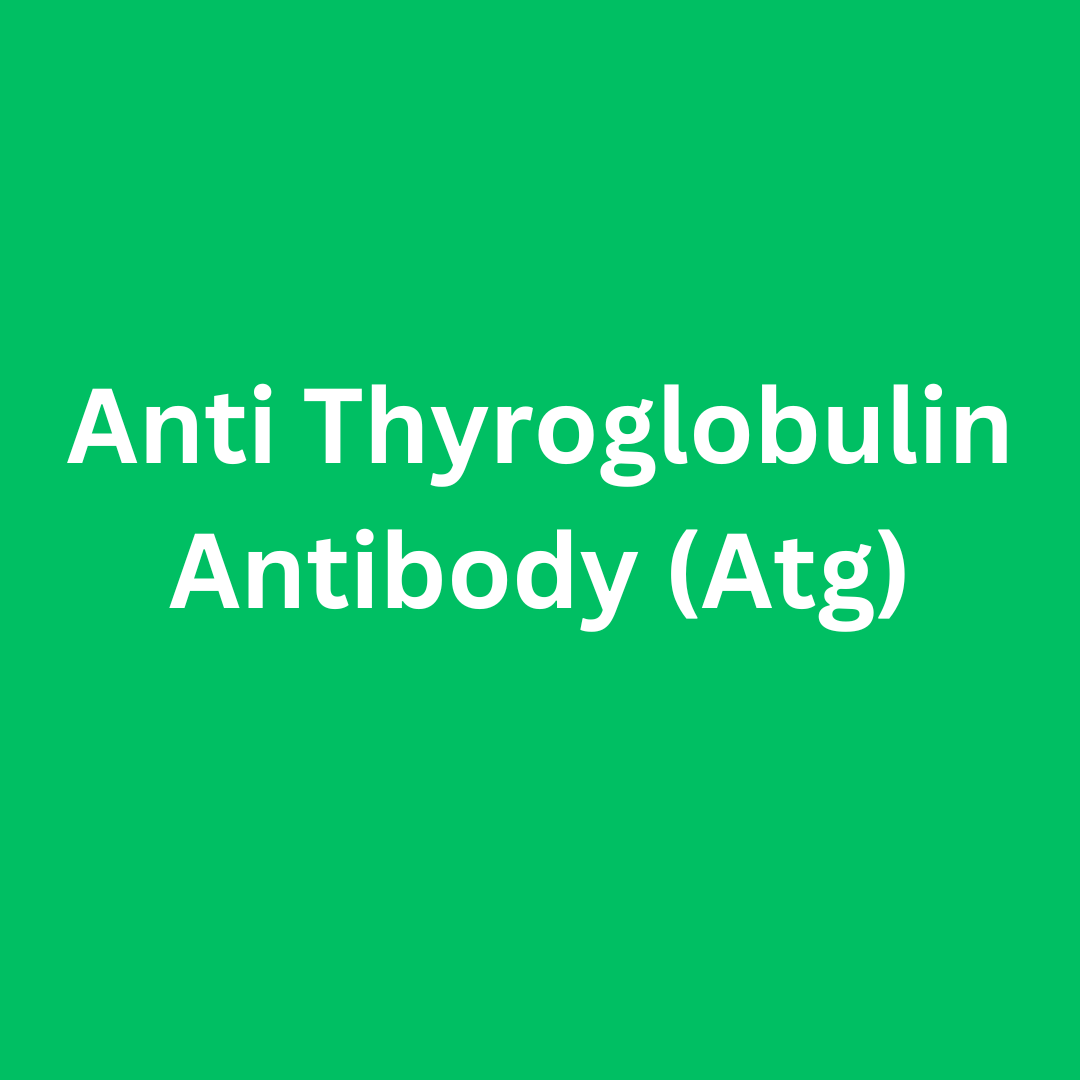mydoctorlab
Anti Thyroglobulin Antibody (Atg)
Anti Thyroglobulin Antibody (Atg)
Couldn't load pickup availability
Thyroglobulin is a crucial protein in the thyroid gland, playing a vital role in the production of thyroid hormones, thyroxine (T4) and triiodothyronine (T3). The **Antithyroglobulin Antibody (ATG) Test** measures the levels of antibodies against thyroglobulin in the blood, providing important insights into various thyroid-related conditions, particularly autoimmune disorders.
### Key Points about the Antithyroglobulin Antibody (ATG) Test
1. **Identifying Autoimmune Thyroid Diseases**:
- The presence of antithyroglobulin antibodies indicates that the immune system is attacking the thyroid gland, which can lead to autoimmune thyroid diseases.
- Common conditions associated with high levels of ATG include **Hashimoto’s thyroiditis** (an autoimmune condition leading to hypothyroidism) and **Graves’ disease** (which causes hyperthyroidism).
2. **Thyroid Disorders**:
- **Hypothyroidism**: ATG antibodies can contribute to the development of hypothyroidism, a condition where the thyroid gland doesn’t produce enough hormones, leading to symptoms like fatigue, weight gain, and depression.
- **Thyroid Cancer**: ATG antibodies can also be detected in some cases of thyroid cancer, making the test useful in monitoring patients with known thyroid malignancies.
3. **Reproductive Health**:
- **Miscarriage and Infertility**: Women with elevated levels of ATG antibodies may face challenges with fertility and an increased risk of miscarriage, likely due to the autoimmune process affecting reproductive health.
- **Neonatal Hypothyroidism**: In cases of neonatal hypothyroidism, the presence of ATG antibodies in an infant suggests that these antibodies may have been transferred from the mother through the placenta. This is particularly relevant if the mother has a history of autoimmune thyroiditis or detectable thyroid autoantibodies.
The ATG test is a valuable tool for diagnosing and managing thyroid disorders, especially in the context of autoimmune conditions, and it plays a role in understanding reproductive challenges related to thyroid health.
Share


